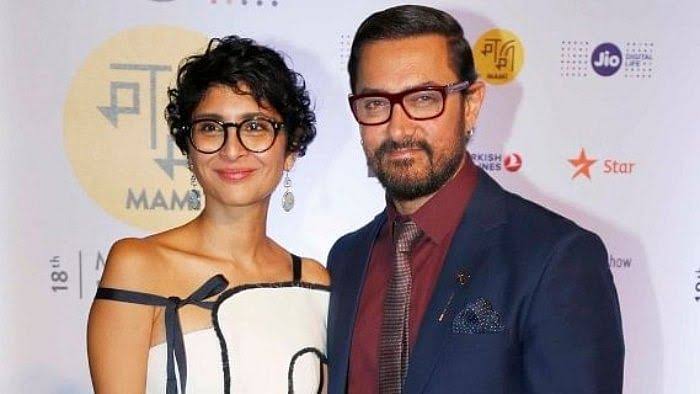In the ever-evolving landscape of Indian cinema, few individuals stand out for their innovative storytelling and dedication to pushing boundaries. One such luminary is Kiran Rao, a filmmaker whose visionary approach has captivated audiences and critics alike. With a keen eye for detail and a commitment to authenticity, Rao has carved a niche for herself in an industry known for its conformity. In this article, we delve into the life and work of Kiran Rao, examining her contributions to Indian cinema and the legacy she continues to build.
Kiran Rao was born on November 7, 1973, in Bangalore, India. Raised in a family with a strong artistic inclination, she developed a passion for storytelling from a young age. After completing her schooling, Rao pursued her undergraduate studies at Sophia College in Mumbai, where she majored in Economics. Her academic journey took her to the United States, where she earned a Master of Arts degree in Communication Studies from the prestigious University of Delhi.
Rao's foray into the world of cinema began with her work as an assistant director on the acclaimed film "Lagaan" (2001), directed by Ashutosh Gowariker. Her experience on the set of "Lagaan" not only honed her skills but also fueled her desire to contribute to Indian cinema in a meaningful way. Subsequently, she worked as an associate producer on the film "Swades" (2004), further solidifying her foundation in the industry.
In 2011, Kiran Rao made her directorial debut with the film "Dhobi Ghat." Set in the bustling metropolis of Mumbai, the film offered a poignant exploration of the lives intersecting in the city's labyrinthine streets. With its non-linear narrative and authentic portrayal of urban life, "Dhobi Ghat" received critical acclaim for its realism and depth of characterization. Rao's directorial prowess was evident in her ability to evoke emotion through subtle nuances, establishing her as a filmmaker to watch.
Championing Independent Cinema
Beyond her work as a director, Kiran Rao has been a staunch advocate for independent cinema in India. In 2010, she co-founded the production company, Aamir Khan Productions, along with her husband, renowned actor Aamir Khan. Through this platform, Rao has been instrumental in nurturing emerging talent and supporting unconventional storytelling. Films produced under Aamir Khan Productions, such as "Peepli Live" (2010) and "Secret Superstar" (2017), have garnered critical acclaim and commercial success, underscoring Rao's commitment to championing diverse voices in Indian cinema.
In 2013, Kiran Rao ventured into film distribution with the release of "Ship of Theseus," a thought-provoking drama directed by Anand Gandhi. The film, which explores philosophical themes through three interconnected stories, garnered widespread praise for its intellectual depth and visual aesthetics. By backing projects like "Ship of Theseus," Rao demonstrated her willingness to support unconventional narratives that challenge societal norms and provoke meaningful discourse.
As Kiran Rao's career continues to evolve, her impact on Indian cinema remains significant. Through her directorial ventures, production endeavors, and advocacy for independent filmmakers, she has left an indelible mark on the industry. Rao's commitment to authenticity, coupled with her willingness to take creative risks, has inspired a new generation of storytellers to push boundaries and explore new frontiers in filmmaking.
In the realm of Indian cinema, Kiran Rao stands as a beacon of creativity and innovation. From her directorial debut with "Dhobi Ghat" to her ongoing efforts to support independent filmmakers, Rao has demonstrated a rare combination of artistic vision and social consciousness. As she continues to pave the way for diverse voices and narratives in Indian cinema, her legacy as a visionary filmmaker and champion of authenticity is sure to endure for years to come.






